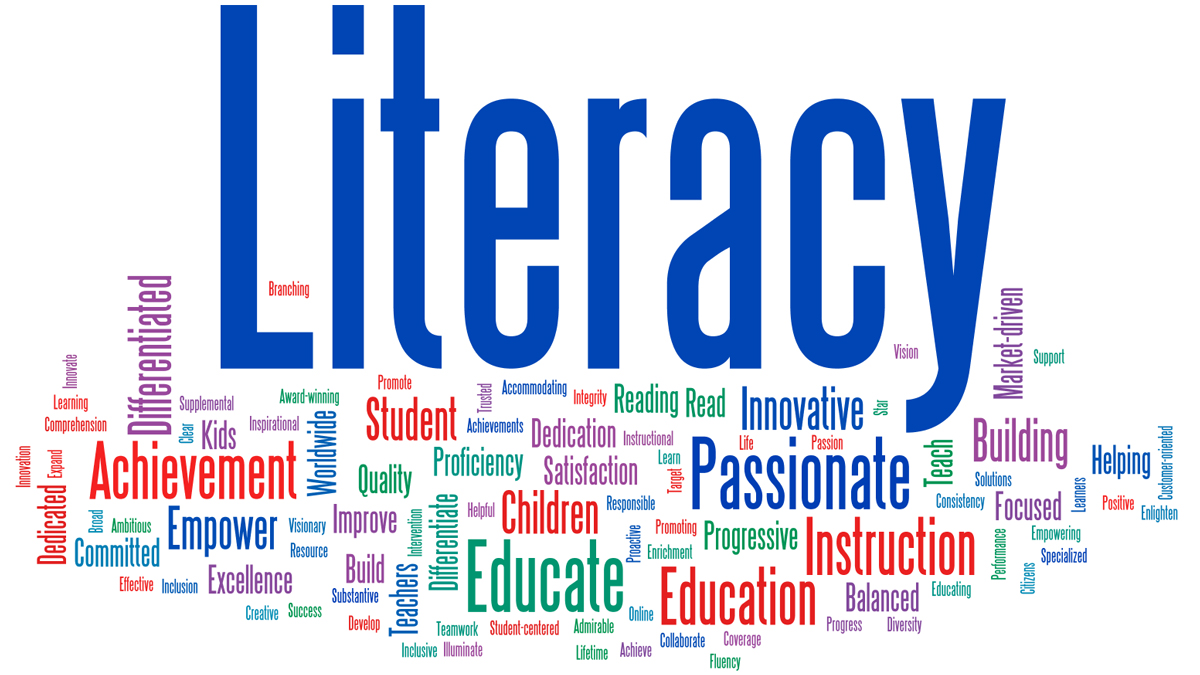
Does a high literacy rate translate to success in the development of a nation? Not necessarily so, if you look at the example of my country, Zimbabwe. It is a country with a high literacy rate, one of the highest on the African continent. It is a country with vast natural resources, both underground and on the surface.
By Raynold Mawerera
Its people are among the friendliest and most peace-loving in the world.
But it is also a country suffering high unemployment, low productivity, worrying levels of corruption and political instability.
In comparison with other countries on the African continent, Zimbabwe has among the most impressive spreads of universities across the nation. There is at least one university in every province of the country, and major cities have more than one.
At independence in 1980, it was deliberate government policy to make education universally available and for free up to secondary level.
The result has been arguably the highest levels of literacy on the continent, with those able to read and write making up 80-90% of the population. Technical and vocational colleges and other higher and tertiary education institutions, both publicly and privately funded and run, are common all over the country.
But unemployment is high. Productivity is very low and the country suffers a seemingly endless economic crisis that has led to hundreds of thousands of its citizens migrating to other countries in search of a better life.
- Chamisa under fire over US$120K donation
- Mavhunga puts DeMbare into Chibuku quarterfinals
- Pension funds bet on Cabora Bassa oilfields
- Councils defy govt fire tender directive
Keep Reading
The country has not been able to utilise its vast resources in mining, agriculture and manufacturing for the benefit of its people.
Remember that just after independence this country held so much promise that it was nicknamed “the breadbasket of Africa” because of the high productivity on its farms! Why has Zimbabwe not been able to take advantage of its high literacy rate and vast natural resources to develop itself as a nation? Does a high literacy rate, in fact, translate to national development success?
The Zimbabwean case seems to suggest not, especially when you look at other factors such as lack of national cohesion around a common agenda, and the impact of significant political differences that have polarised the country along party lines. These factors have created situations where the country now imports more than it exports, where it is unable to develop its roads and general infrastructure, where it is unable to provide social safety nets for its people, where it struggles with public health and where over-crowdedness and disease outbreaks threaten life expectancy.
There is an over-reliance now on external support and donor aid.
It is an enigma, it is a paradox: high literacy in a country where college graduates roam the streets selling wares and illegally buying and selling foreign currency, risking arrest for trying to make a living.
Spending all those years in college does not seem to make sense and we are forced to conclude that development success is not guaranteed by education!
I pray for the day when Zimbabwean people will desist from engaging in unproductive pursuits such as corruption and political fighting and start thinking generationally, rather than for the short term. I pray for the day Zimbabwe uses its literacy levels to propel its development agenda for the benefit of future generations. And I pray for the day when Zimbabwe unites, and Africa can be proud of its once-promising jewel, once again!
The road towards development success starts in the mind. Zimbabweans (and, indeed, all Africans!) must change their mindsets and work towards unity of purpose. Political fights that end in violence must give way to collective purpose-driven agendas.
Raynold Mawerera is a media and communications consultant. He writes in his personal capacity. For feedback email: [email protected]











